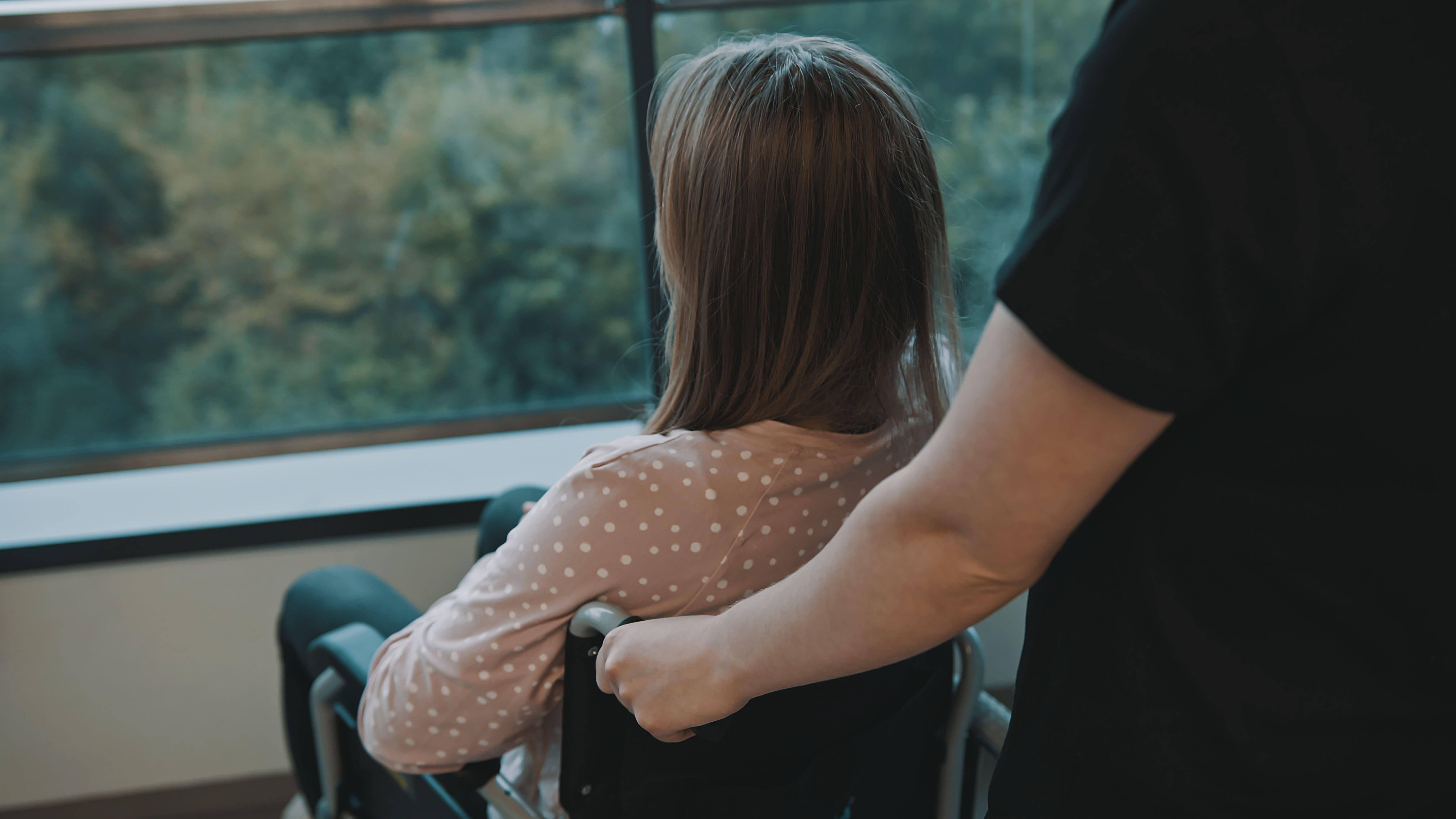Unpaid carers ‘feel increasingly socially isolated and unsupported in roles’
Fewer carers were able to take a break from caring for more than 24 hours, according to NHS Digital’s survey of adult carers in England.

Unpaid carers are feeling increasingly socially isolated, stressed, depressed and not encouraged or supported in their roles, new NHS figures show.
Fewer carers are able to take a break from caring for more than 24 hours and fewer have received support from social services departments in the last year, according to a survey published by NHS Digital.
The Survey of Adult Carers in England runs every two years, but the 2020-21 survey was postponed by a year due to the coronavirus pandemic, so the most recent time period to compare the latest findings to is 2018-19.
Researchers analysed responses from 43,525 unpaid adult carers who were known to their council and caring for an adult.
They found that the proportion of carers who feel they have as much social contact as they want, with people they like, has been in “steady decline” over the years and fell “more profoundly” in 2021-22.
Some 32.5% of carers felt this way in 2018-19, dropping to 28% in the latest survey.
Over the same period, the proportion of carers reporting little social contact and feeling socially isolated increased from 17.4% to 20.9%.
There was also a fall in carers saying they are able to spend their time as they want, doing things they value or enjoy (17.3% in 2018-19 to 16.2% in 2021-22).
Some 18.3% said they do not do anything they value or enjoy with their time.
NHS Digital said the impact of the pandemic should be considered in relation to these responses.
Over the same period, the percentage of carers with a mental health problem or illness rose from 10.9% to 13.2%.
Charities say the number of unpaid carers has fallen since the peak in the pandemic, but that caring hours and responsibilities have intensified.
They say this could be down to factors including many services remaining reduced or closed, vulnerable people continuing to shield, and a chronic shortage of social care.
The survey found that carers reported taking fewer breaks and receiving less support or encouragement in their role.
Some 13.3% said the person they care for used services that allowed them to take a break from caring for more than 24 hours in the latest survey, down from 19.6% in 2018-19.
The proportion able to take a break at short notice or in an emergency fell from 13.6% to 10.5%.
Fewer carers feel they receive encouragement and support (34.6% in 2018-19 falling to 31.5% in 2021-22) and more than a quarter (28.6%) said they had not received support from social services in the past year, up from 23.1% in 2018-19.
More than a third (36.3%) of carers reported feeling very or extremely satisfied with support and services in 2021-22, down from 38.6% in 2018-19.
And more than half of those surveyed (57.2%) reported their caring role had not caused any financial difficulties over the last 12 months – up from 53.4% in 2018-19.
Helen Walker, chief executive of Carers UK, said: “This report confirms what so many unpaid carers have told us. That they are at breaking point, exhausted after more than two years of little or no outside support and an increasing sense of isolation.
“This is clearly impacting on their sense of value, their mental and physical wellbeing.
“We are calling on the Government to implement an urgent ‘Recovery and Respite’ plan, including breaks, desperately needed respite and care services, identification of carers, financial help, and support to juggle work and care.”
A Department of Health and Social Care spokesman said: “Carers play a vital role in our communities, and we have set out in a white paper our aim to empower unpaid carers to live happy, healthy, and fulfilling lives.
“We are making available an additional £3.7 billion to councils compared to last year, having already set aside over £285 million last year to provide short breaks and respite services for carers, as well as additional advice and support.”